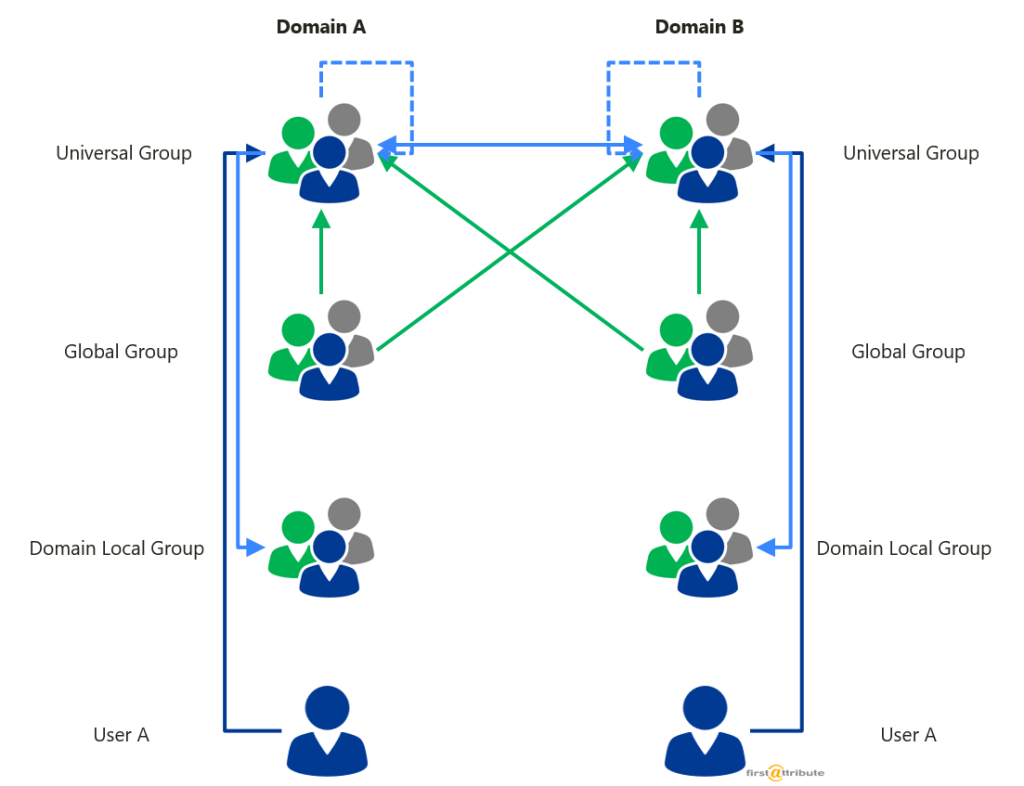Choosing a Domain for Global vs. Local Reach: What to Consider

Choosing a Domain for Global vs. Local Reach: What to Consider
In the digital age, your domain name is your online identity. It’s the first impression you make on potential customers and partners, and it can significantly impact your reach, both locally and globally. So, how do you choose a domain name that resonates with your target audience and helps you achieve your desired business goals?
Global vs. Local: What’s Your Goal?
The key to choosing the right domain lies in understanding your target audience and your business goals.
Global Reach:
- Target Audience: Your website is intended for an international audience, with customers from diverse cultures and languages.
- Goal: You aim to establish a strong online presence and reach a broad customer base worldwide.
- Domain Considerations:
- Generic Keywords: Choose keywords that are universally understood, avoiding culturally specific terms.
- Short and Memorable: Opt for a concise domain name that is easy to remember and pronounce across different languages.
- .com: Stick to the .com extension, which is universally recognized and trusted.
- English-Based: Use English for the domain name, as it is the primary language of the internet.
Local Reach:
- Target Audience: You want to connect with customers within a specific geographic area.
- Goal: You aim to build a strong local brand and attract customers in your immediate vicinity.
- Domain Considerations:
- Location-Specific Keywords: Include your city, state, or region in the domain name.
- Local Language: If your target audience speaks a language other than English, consider using that language in the domain name.
- Country-Specific Extensions: Utilize country-specific extensions like .co.uk (UK) or .fr (France) to signal your local presence.
Beyond the Basics:
Once you’ve decided on your reach, keep these factors in mind:
- Brandability: Choose a domain that reflects your brand and resonates with your target audience.
- Availability: Check if the domain name is available and not already registered.
- SEO: Consider the domain name’s impact on SEO. Shorter, relevant keywords are generally preferred.
- Future Growth: Choose a domain that is flexible and can accommodate your business expansion plans.
Choosing the Right Domain is an Investment:
Remember, your domain name is a critical part of your online identity. It’s worth investing time and effort to select one that aligns with your goals and sets you up for success. By thoughtfully considering your target audience, business goals, and the factors discussed above, you can choose a domain that will help you achieve your desired reach, locally and globally.

Additional Information
Choosing a Domain for Global vs. Local Reach: A Comprehensive Guide
When selecting a domain name, the crucial question of global vs. local reach arises. Your choice significantly impacts branding, SEO, and ultimately, your target audience. This guide provides a detailed analysis of factors to consider for each scenario:
1. Global Reach:
- Target audience: Your domain name should be easily understood and remembered by your global audience. Avoid cultural sensitivities and slang specific to one region.
- Language considerations:
- Generic terms: Opt for generic terms that transcend language barriers, like “Global Solutions” or “WorldWideServices.”
- English as the default: English remains the dominant language online, making it a safe bet for international appeal.
- Multilingual domains: For specific regions, consider using country-specific top-level domains (ccTLDs) like “.de” for Germany or “.cn” for China. However, be aware of potential localization challenges.
- SEO impact:
- Keyword optimization: Choose keywords that are relevant globally and have high search volume in multiple languages.
- Internationalization: Utilize hreflang tags to signal your website’s language variations to search engines.
- Branding:
- Memorable and concise: Aim for a domain that is easy to remember and pronounce across different languages.
- Brand consistency: Maintain a consistent brand identity across all regions.
- Examples:
- Airbnb: A generic, universally understandable name targeting a global audience.
- Netflix: Similarly, a concise and memorable name with global reach.
- Amazon: An established brand with a strong global presence, leveraging both English and ccTLDs for localized regions.
2. Local Reach:
- Target audience: Focus on language and cultural nuances relevant to your specific region.
- Language localization:
- Local dialect: Use language specific to your region, including slang and colloquialisms.
- Local ccTLDs: Utilize ccTLDs relevant to your region, such as “.us” for the United States or “.ca” for Canada.
- SEO impact:
- Local keywords: Optimize your domain name with local keywords to improve regional search rankings.
- Geo-targeting: Use Google My Business and other tools to enhance your local presence.
- Branding:
- Local identity: Incorporate local references or elements into your domain name to foster a sense of belonging.
- Localized messaging: Tailor your branding and communication to resonate with your local audience.
- Examples:
- NYCFoodTruck: A localized domain name targeting a specific geographic area.
- LocalPlumbers.com: A clear and relevant domain name for a local service.
- BestCoffeeShop.tokyo: A domain tailored for a specific city and audience.
Considerations:
- Domain availability: Check if your desired domain name is available in both English and the relevant ccTLDs.
- Budget: ccTLDs can be more expensive than generic domains.
- Future expansion: Consider the potential for future expansion beyond your initial target region.
In Conclusion:
Choosing a domain for global vs. local reach requires careful planning and consideration of various factors. By understanding your target audience, language nuances, and SEO implications, you can select a domain name that effectively reflects your brand and resonates with your desired customer base. Remember, your domain name is the foundation of your online presence, so choose wisely and ensure it aligns with your long-term vision and growth strategy.

